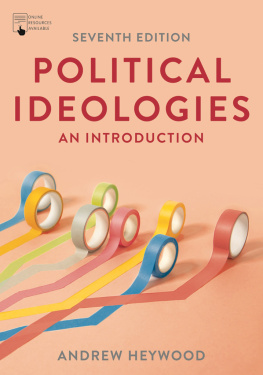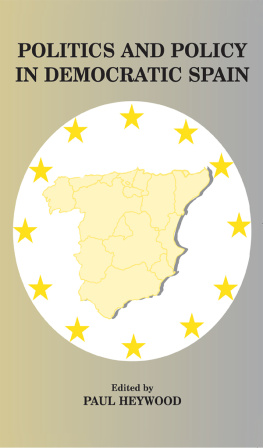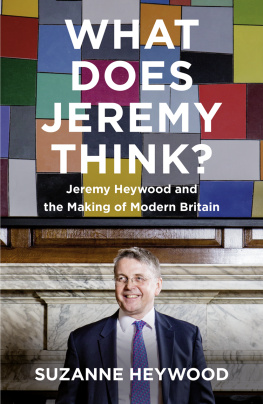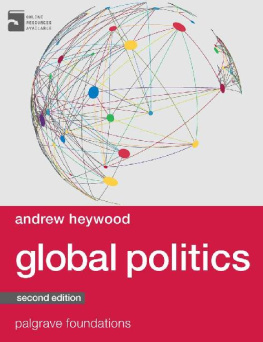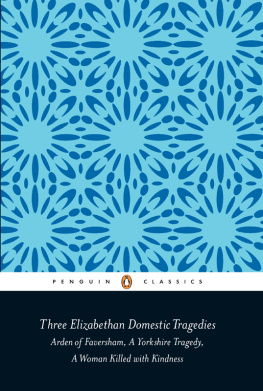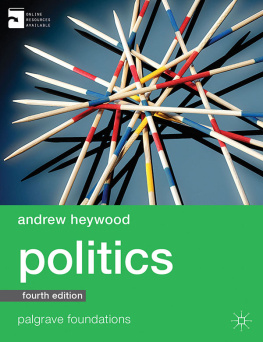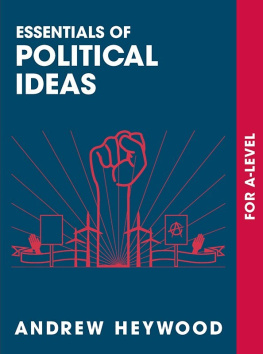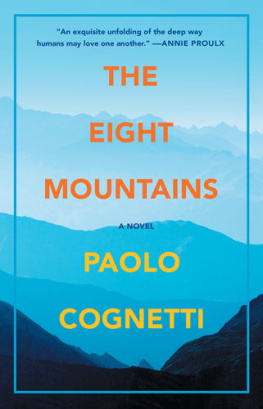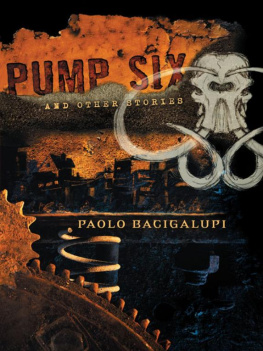AFTER DIFFERENCEWyse Series in Social Anthropology
Editors:
James Laidlaw, William Wyse Professor of Social Anthropology, University of Cambridge, and Fellow of Kings College, Cambridge
Maryon McDonald, Fellow in Social Anthropology, Robinson College, University of Cambridge
Joel Robbins, Sigrid Rausing Professor of Social Anthropology, University of Cambridge, and Fellow of Trinity College, Cambridge
Social Anthropology is a vibrant discipline of relevance to many areas economics, politics, business, humanities, health and public policy. This series, published in association with the Cambridge William Wyse Chair in Social Anthropology, focuses on key interventions in Social Anthropology, based on innovative theory and research of relevance to contemporary social issues and debates. Former holders of the William Wyse Chair have included Meyer Fortes, Jack Goody, Ernest Gellner and Marilyn Strathern, all of whom have advanced the frontiers of the discipline. This series intends to develop and foster that tradition.
Volume 1
Sociality: New Directions
Edited by Nicholas J. Long and Henrietta L. Moore
Volume 2
The Social Life of Achievement
Edited by Nicholas J. Long and Henrietta L. Moore
Volume 3
The State Were In: Reflecting on
Democracys Troubles
Edited by Joanna Cook, Nicholas J.
Long and Henrietta L. Moore
Volume 4
The Patient Multiple: An
Ethnography of Healthcare and
Decision-Making in Bhutan
Jonathan Taee
Volume 5
Moral Engines: Exploring the Ethical
Drives in Human Life
Edited by Cheryl Mattingly, Rasmus Dyring, Maria Louw and Thomas
Schwarz Wentzer
Volume 6
After Difference: Queer Activism in
Italy and Anthropological Theory
Paolo Heywood
AFTER DIFFERENCE
Queer Activism in Italy and Anthropological Theory
Paolo Heywood
First published in 2018 by
Berghahn Books
www.berghahnbooks.com
2018 Paolo Heywood
All rights reserved. Except for the quotation of short passages
for the purposes of criticism and review, no part of this book
may be reproduced in any form or by any means, electronic or
mechanical, including photocopying, recording, or any information
storage and retrieval system now known or to be invented,
without written permission of the publisher.
Library of Congress Cataloging-in-Publication Data
A C.I.P. cataloging record is available from the Library of Congress
British Library Cataloguing in Publication Data
A catalogue record for this book is available from the British Library
ISBN 978-1-78533-786-4 hardback
ISBN 978-1-78533-787-1 ebook
Resemblance has no reality in itself; it is only a particular instance of difference, that in which difference tends towards zero.
Lvi-Strauss, The Naked Man
Everything hinges on the verb to tend.
Viveiros de Castro, Cannibal Metaphysics
Contents
Acknowledgements
In Italy: to my mother and my family, for putting me up when I first arrived, and putting up with me when I needed help; to my friends, especially Irene, Giulia, Gianluca, Clara, Gaia and Giada, for making my year in Bologna not just interesting but enjoyable; to Antonio and his delightful shop for keeping me fed; and to all those, activists and otherwise, who had the kindness and patience to answer my endless questions.
In Cambridge: at the Division of Social Anthropology at Cambridge over the years I have had inestimable teachers, colleagues, readers and friends in Susan Bayly, Naor Ben-Yehoyada, Barbara Bodenhorn, Harri Englund, Taras Fedirko, Tim Jenkins, Nick Long, Patrick McKearney, Maryon McDonald, Tom Neumark, Anthony Pickles, Anastasia Piliavsky, Branwyn Poleykett, Joel Robbins, Marlene Schfers, Nikolai Ssorin-Chaikov, Rupert Stasch, Felix Stein and Fiona Wright.
In addition, in Marilyn Strathern and Sarah Green I have had intellectual inspirations since I first began studying anthropology, and I could not have hoped for more thoughtful, attentive and encouraging examiners for the doctoral thesis upon which much of this book is based. I am extremely grateful for their close reading of the dissertation, and their continuing support as I developed its arguments for this manuscript. Joel Robbins and Maryon McDonald have been similarly supportive series editors.
I have also been fortunate in being able to benefit from discussion with a number of other anthropologists whose work has inspired parts of this book. Giovanni da Col, James Faubion, Michael Lambek, Tanya Luhrmann and Adam Reed have been enlightening and supportive conversational partners, both in person and through their work. I am very much indebted to Michael Herzfeld for his invaluable guidance and encouragement, and for his regular and insightful reading of this manuscript and its various parts. I have also been fortunate in having had on occasion the opportunity to discuss some of the ideas behind the book with Martin Holbraad, Morten Pedersen and Eduardo Viveiros de Castro, though all resulting errors and equivocations are very much my own. Their work has been a perpetual delight and challenge to read from the moment I first encountered it as an undergraduate, and I hope that is clear throughout the book.
In Nicholas Evans, Caroline Humphrey, Jonathan Mair and Soumhya Venkatesan I have had kind friends, delightful dinner companions and the best of fellow travellers in ethics over the years.
In Matei Candea I have had a teacher, colleague and friend to whom I am thoroughly indebted for his support, encouragement and unfailing acumen as a reader. If there is merit to the arguments of this book then that is undoubtedly due in significant part to my having been able to hash them out with him over coffee, alcohol and a variety of wonderful dinners (none of which I cooked). I cannot thank him enough. And in James Laidlaw I have had all that I could have hoped for and more in a supervisor, mentor and friend. His influence on this book and on me is immeasurable, and for it I will always remain more grateful than I can say.
Finally, in Peter Heywood, Paola Gardini and Jennifer Midura I have had the love and support of a family; and in Joanna Cook, I have had the best of all things.
Introduction
On a bright Sunday at the beginning of March 2012, a month after I arrived in the city, Bolognas most famous son gave his final performance in Piazza Maggiore, on what would have been his sixty-ninth birthday. Three days previously, on tour in Switzerland, Lucio Dalla, Italys most well-known folk singer, whose career spanned four decades, died following a heart attack. His body was brought back to his home town, where it laid in state in the square he made famous with a song about a vagrant who lives under the piazzas medieval arcades. An estimated 50,000 people from across the country flooded into the city to pay their respects, and for days the piazza was the site of an endless, snaking queue of fans, young and old, who waited for hours to file past the coffin. The street on which he lived, itself a few metres from the square, was awash in a sea of flowers and other offerings, and for months afterwards restaurants, bars, and other public places in the city decorated their windows with banners declaring Ciao Lucio and set out books of condolence for patrons to sign.



